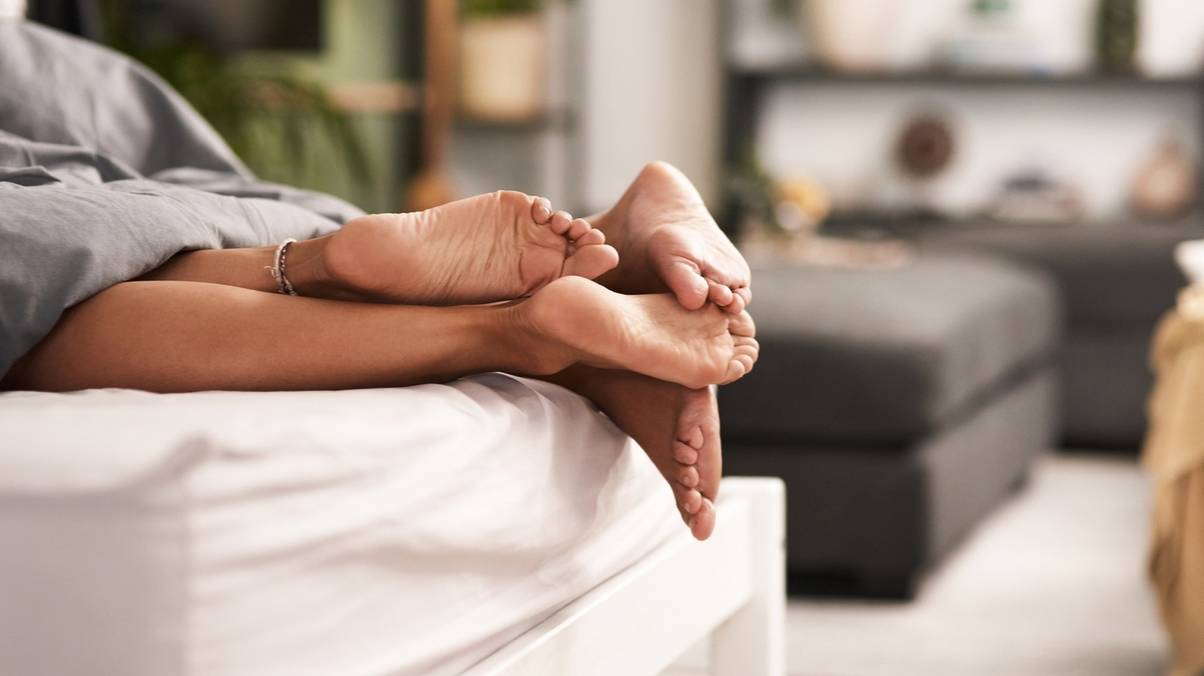Unlocking the Secret: How Napping Might Rewind Your Brain’s Aging Clock
If you’re anything like me—always scheming for a legit excuse to sneak in a nap—hold onto your hats, because science just tossed us a bone worth gnawing on. Imagine this: a 2023 study peeking into the lives of over 378,000 Brits between 40 and 69, revealing that those midday dozers are not just catching zzz’s but snagging better brain health and, get this, a brain that’s measurably younger. Could your next power nap shave off years from your mental age? Apparently, yes—a well-timed snooze might just make your brain a whole 6.5 years younger. That’s right — it’s like Botox, but for your noggin’! But hey, before you start scheduling nap dates like they’re board meetings, there’s a twist in the tale about genetics and whether these naps really cause a bigger, brighter brain or just hang out with one. Intrigued? Hungry for the full scoop, including the prime napping window and how long to nap without waking up feeling like a groggy mess? Dive in here and join the conversation on how a few minutes under the covers might just be your brain’s new best friend. LEARN MORE.
If you’re anything like me, you’ll always been on the lookout for any reason to take a nap. Good news, we’ve found you one.
A 2023 study has shown that those who take regular daytime naps are much more likely to not only have better brain health, but also a younger brain.
The study, was taken from data gathered from 378,000 people aged between 40 to 69 in the UK Biobank, a biomedical database, which is designed to collect data and biological samples in order to study human health in the UK.
Some people have a genetic predisposition to daytime napping. The research shows that these people had slightly larger brain volumes, which is a sign that is often associated with having better brain health.
Valentina Paz, the lead author of the study noted that daytime nappers had a 15.8 cm³ in total brain volume, over the UK average.
According to the research, a well-timed nap could result in a difference of up to 6.5 years in your brain’s age.
When is the best time to nap and how long should a nap be?
Studies have shown that the best time to take a power-nap is between the hours of 1pm and 4pm.
Naps should only last for around 10 to 15 minutes, as anything longer can leave you feeling groggy, and even impact your night time sleep.

Some countries have recognised napping’s positive impact on work for years (Paul Bradbury/Getty Images)
Not only does it seem that well-timed napping could lower your brain age, according to the BBC, a 15 minute power-nap can improve your mental performance, and can offer mental stimulus that can last for up to three hours.
A 2016 study on people aged 65 and older also found there were cognitive benefits to napping between 30 and 90 minutes, compared to not napping at all or napping for longer.
Do all scientists agree napping slows brain aging?
Other scientists have pointed to some drawbacks in the study, claiming it only shows a correlation between daytime napping and brain size – not that bigger brains are the result of tactical snoozing.
Dr. Rebecca Spencer also told Medical News Today she thought there were flaws in the way the study assessed people’s napping habits.
To her, the three possible responses – ‘never/rarely’, ‘sometimes’, or ‘usually’ – were too subjective.
Others pointed to the fact the study focused on those who are genetically inclined to nap in the day, as opposed to those who actually have reported that they do.
While the data does seem to give a positive indication that napping in the daytime can keep your brain healthier, resulting in a lower brain age, more studies and tests are required to be able to come up with a conclusive answer to the question of napping and brain age.



















